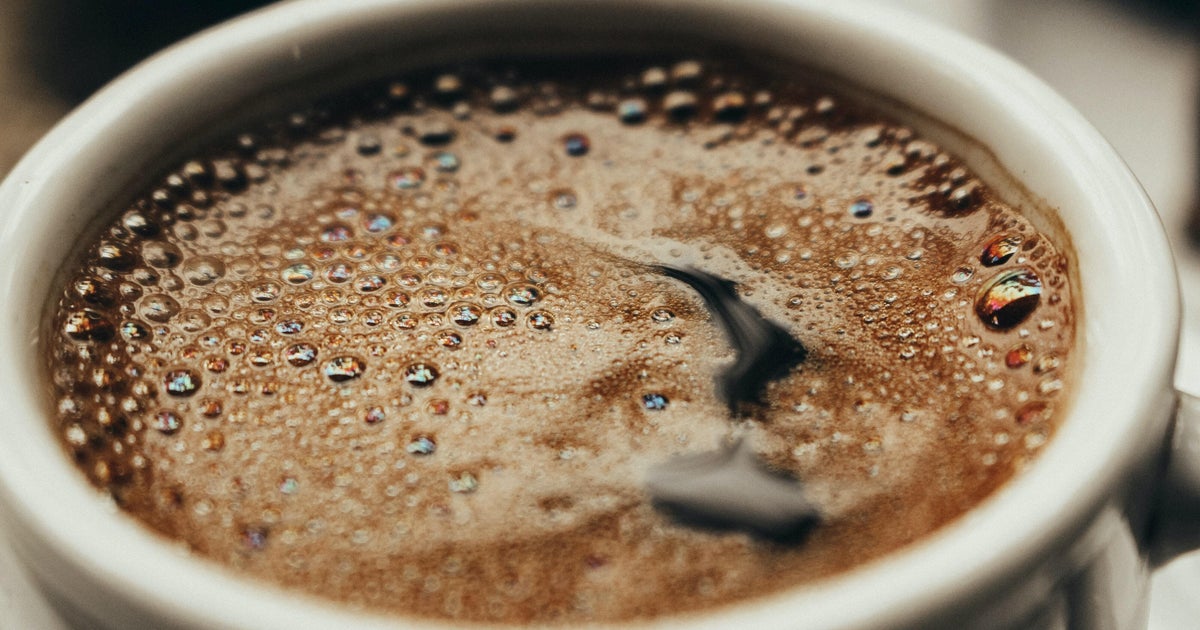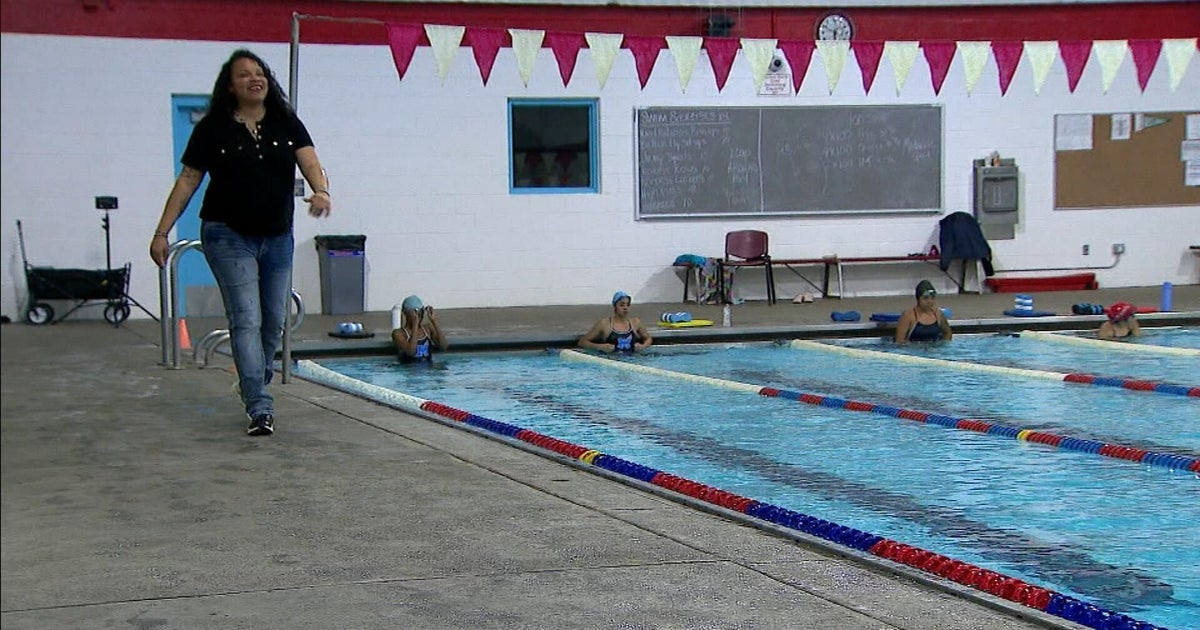'Dry January:' What are the benefits?
After the holidays, you might be considering cutting back on alcohol, or participating in what's called "Dry January." Consumer insight group Veylinx says more than half of Americans want to reduce their alcohol intake.
A study published in the British Medical Journal shows people who gave up alcohol for one month had significant health improvements, losing an average of 4 pounds.
Dr. Jody Ryan, chief medical officer for Denver-based WellPower says the benefits are beyond health.
"For decades, people have been cutting back on their alcohol around the new year as part of their new year's resolutions," Ryan said. "Around 10 years ago in the UK, they started a public health campaign called 'Dry January' as a means of helping people be much more mindful about their relationship with alcohol and to help people cut back. And that's really taken off."
In fact, Ryan tells CBS News Colorado's Mekialaya White, about 35% of American adults will be participating this year. And many others are considering a recent phenomenon called "Damp January."
"Around one-fifth of millennials and one-quarter of gen-z's have really found it difficult to stick with Dry January. So it's going from am I going to stop drinking altogether, or am I going to cut back? It's really trying to be more compassionate for those where it's challenging, and yet there are still health benefits from people cutting back. If your goal is to cut back, you might go to drinking one less day per week. Or if you're a weekend drinker, I may cut back and only drink Friday instead of Friday and Saturday. It's trying to get people to change their relationship, whatever that is."
Ryan says finding your "why" is essential in having a successful Dry January: "Make it personal. Do I want to lose weight? Do I want to save money? Or do I want to sleep better and have more energy during the day? Or do I want to have less blackouts and wakeup with less hangovers? All of those are valid reasons. They're really important and really personalize this experience."
"Set your goal. Share your goal with somebody," he continued. "I think sharing is important because it helps people stick to that commitment. Revisit your goal on a weekly basis. And then finally just have self-compassion. If you have a day you're not able to achieve your goal, be okay about it. And think maybe I need to reframe that and start over the following day. Your diet, so to say, isn't ruined with one donut. Really roll with this."








